As a science-driven conservation charity, ZSL’s expertise in wildlife conservation aligns perfectly with The Open University’s mission to provide accessible education in environmental science and sustainability.

Through this collaboration, the aim is to inspire and equip learners with the knowledge and skills needed to tackle the environmental challenges of today. ZSL’s ground-breaking research projects contribute valuable insights into wildlife conservation, while The Open University’s diverse range of learning resources on OpenLearn offers learners from all backgrounds the opportunity to engage with pressing issues, from climate change to biodiversity loss.
This partnership also highlights the importance of sustainable practices in everyday life, encouraging you to think critically about your carbon footprint, your food choices, and the role of urban environments in ecological well-being. The resources range from videos, articles, courses and interactive activities on topics like microplastics, urban trees, and invasive species. This initiative promotes both environmental education and active conservation efforts.
To get a feel for what the Zoological Society of London is working on, explore the ZSL Research projects.
Keen to explore more? Explore our range of resources!
Watch a video
-
Urban trees - could towns and cities become forests?
Watch now to access more details of Urban trees - could towns and cities become forests?Dr Philip Wheeler explores how we manage trees in urban environments now and for the future.

Video
Level: 1 Introductory
-
Answering questions in Science
Watch now to access more details of Answering questions in ScienceIn a series of videos, discover some of the most intriguing questions about the world around us, from the fundamental properties of water and the very definition of life to the forces that shape our planet and the vastness of the cosmos.
Video
Level: 1 Introductory
-
Learning our way to a better environment
Watch now to access more details of Learning our way to a better environmentHow can our capacity for learning help us understand more about managing our environment? This short video looks at developing a more sustainable relationship between humans and the environment.

Video
Level: 1 Introductory
-
Hallowain't III: Kilifish - the zombie fish
Watch now to access more details of Hallowain't III: Kilifish - the zombie fishSwimming around without any self-control, the better to spread infection. Are killifish zombies, raised from the dead? No.

Video
Level: 1 Introductory
Read an article
-
Earth Day on OpenLearn
Read now to access more details of Earth Day on OpenLearnThe first Earth Day on 22 April 1970 activated 20 million people from all walks of life to do their bit to protect our planet. More than 50 years on, it is estimated that one billion people worldwide will engage in this year’s Earth Day.

-
How do microplastics make their way into our food?
Read now to access more details of How do microplastics make their way into our food?We know that microplastics have found their way into our food chain. Understanding the sources of microplastics, their journey to our plates, and what we can do to reduce the risks is essential for tackling this pressing issue.

-
Butterflies tell us more than you might think about our natural world
Read now to access more details of Butterflies tell us more than you might think about our natural worldWhy do butterflies matter? Willow Neal explains why they should be prioritised for conservation and introduces us to some butterfly species in the UK.

-
In your garden: Birds and nesting boxes
Read now to access more details of In your garden: Birds and nesting boxesVicky Johnson explores why birds need nesting boxes and how you can create one to help the birds in your garden.

-
Bumblebees
Read now to access more details of BumblebeesBumblebees need areas free of insecticide and with suitable wild flowers. Neonic pesticide has linked to long-term wild bee decline. Learn how to make your environment bee-friendly in this guide.
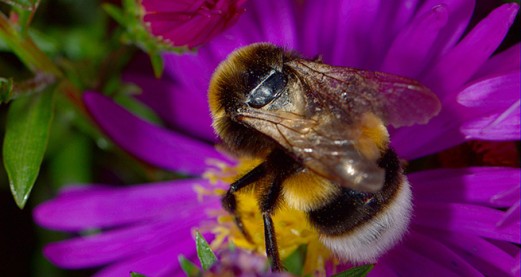
-
The challenge of invasive alien species
Read now to access more details of The challenge of invasive alien speciesInvasive species are a growing challenge: causing damage to species, ecosystems and people. Find out more about them in this article.
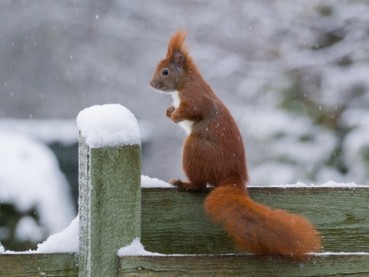
Explore an activity
-
Ocean explorer
Take part now to access more details of Ocean explorerTake a journey into the Earth's oceans and discover whether you've got what it takes to become an oceanographer. Explore ocean depths, currents, temperatures and find out more about the future of our oceans.
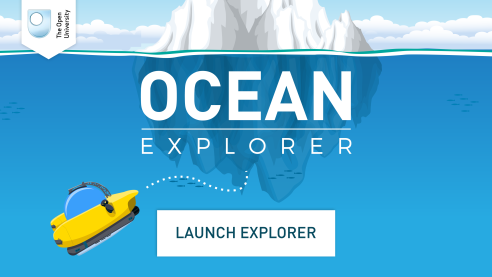
Activity
Level: 1 Introductory
-
Plastics in our ocean
Take part now to access more details of Plastics in our oceanTest your knowledge about plastics in our oceans, and learn about how they impact the environment by clicking on the image below...

Activity
-
Make a bird house
Take part now to access more details of Make a bird houseThe total area of garden space in the UK is probably greater than that of all the nation's nature reserves. Converting just a small section of your garden into a breeding place for birds can make a small but significant contribution to the survival of bird species.
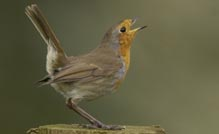
Activity
Level: 1 Introductory
-
The Open University's Carbon Calculator
Take part now to access more details of The Open University's Carbon CalculatorHave a go at our carbon calculator test to check your consumption and how you might be able to reduce your carbon footprint.
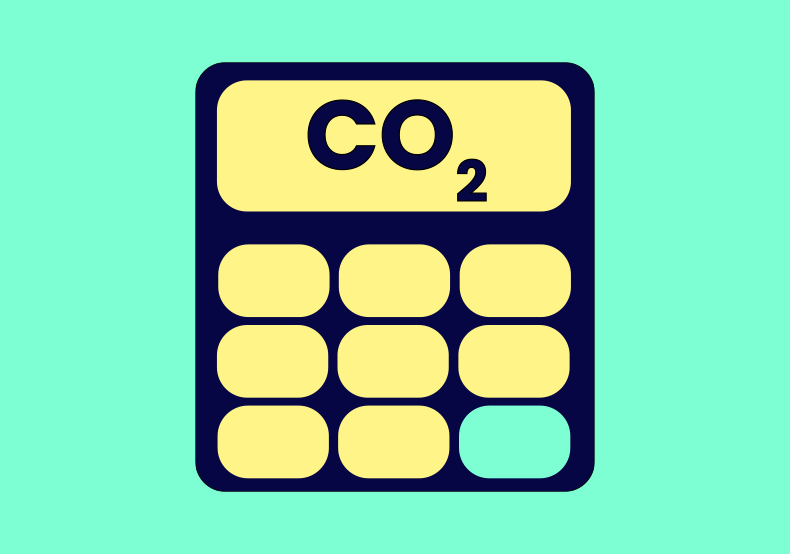
Activity
Level: 1 Introductory
Progress through a course
-
Eating for the environment
Learn more to access more details of Eating for the environmentThis free course, Eating for the environment, will explore the links between food, nutrition and environmental sustainability.

-
Could we control our climate?
Learn more to access more details of Could we control our climate?Climate crisis is one of the grand challenges we face as a society, but it can be hard to approach as a subject. Not only can the science at times seem dauntingly complex, but the solutions are also far from clear. This leaves many people feeling confused, guilty, anxious, angry, or else completely switched off from the subject. This course ...

-
Migration
Learn more to access more details of MigrationMigration is a free course looking at the migrations of animals, with special reference to birds, and also introducing the themes of movement, selection and homeostasis.

-
Evolution through natural selection
Learn more to access more details of Evolution through natural selectionIn this free course, Evolution through natural selection, we describe the theory of evolution by natural selection as proposed by Charles Darwin in his book, first published in 1859, On the Origin of Species by Means of Natural Selection, or The Preservation of Favoured Races in the Struggle for Life. We will look at natural selection as Darwin ...

-
Aquatic mammals
Learn more to access more details of Aquatic mammalsMammals come in a bewildering variety of shapes and sizes and yet all of the 4700 or so species have some characteristics in common, which justifies the inclusion of diverse types within a single group. Although mammals evolved on land, a number of species have become adapted to spending part or all of their lives in water and it is these ...

-
Can renewable energy sources power the world?
Learn more to access more details of Can renewable energy sources power the world?We ask the question ‘Can renewable energy sources power the world?’ as a response to the growing awareness that increased use of renewable energy technologies is making a major contribution to global efforts to limit anthropogenic climate change. The course begins by examining the environmental concerns that have caused a rise in interest in ...


.jpg)

Rate and Review
Rate this article
Review this article
Log into OpenLearn to leave reviews and join in the conversation.
Article reviews